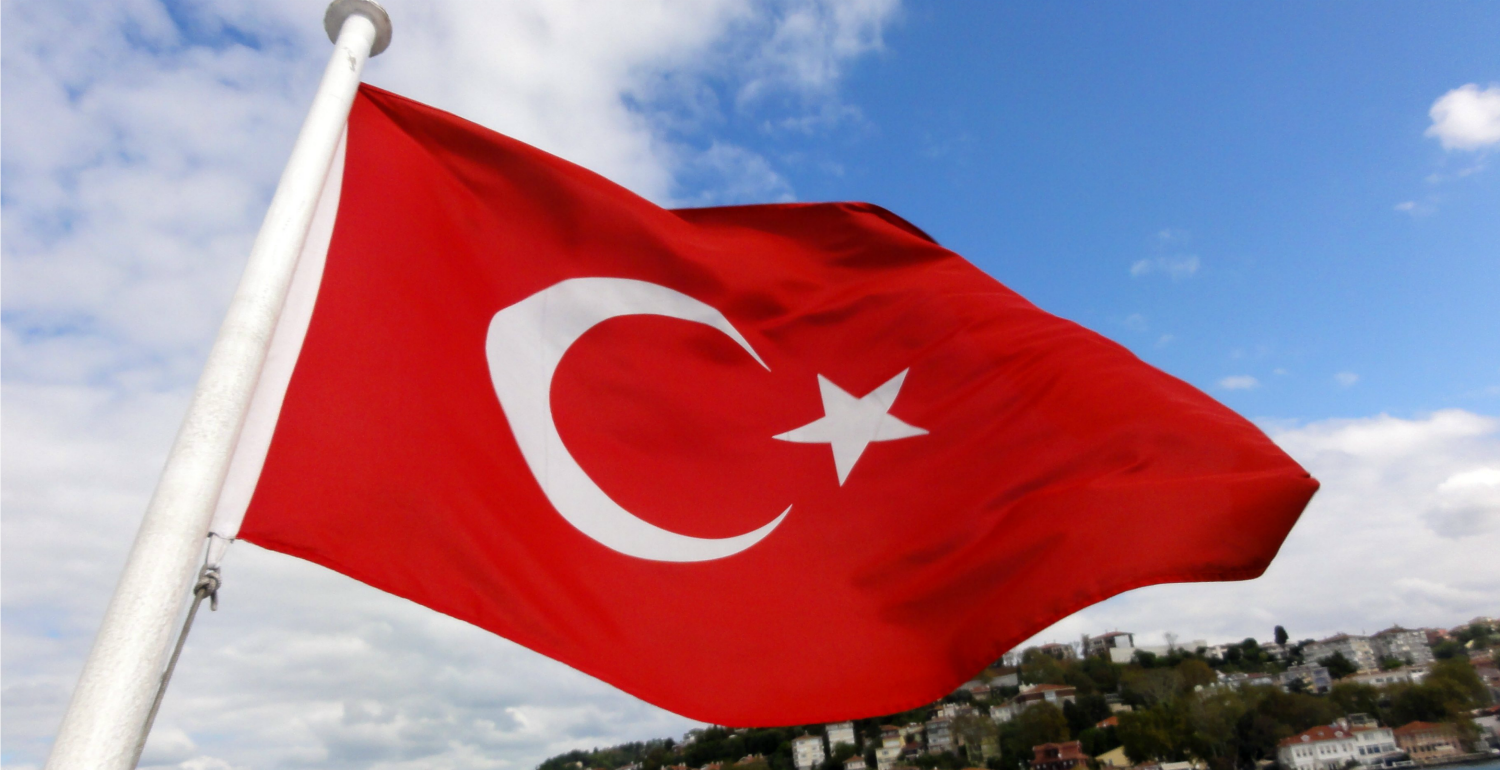By Chadwick R. Gore
CSCE Staff Advisor
The United States Helsinki Commission held a briefing November 14 which examined Turkey’s future after the drastic shift in Turkey’s Grand National Assembly following the November 3rd elections.
The Justice and Development Party (AKP) received just 34 percent of the popular vote, but gained two-thirds of the seats in the 550-seat Assembly. Forty-five percent of Turkey’s population voted for political parties that did not meet the 10 percent requirement for representation in the new parliament. The political flux has been likened to an earthquake as 88 percent of the newly elected officials are new to parliament, and the roots of the AKP and its leadership can be traced to former, but now illegal, Islamist parties. These factors have raised concerns in and outside of Turkey about the country’s political, democratic, economic and social future.
Abdullah Akyüz, President of the Turkish Industrialist and Businessmen’s Association (TÜSÝAD), emphasized the significance of timing and outcome of the recent election. Turkey’s election of a party with a Muslim leader, the fragility of Turkey-EU relations, Turkey-Cyprus relations and the situation in Iraq all create apprehension about Turkey’s future. The election, which resulted in single party leadership, came at a very complex and crucial time for Turkey. While accession into the European Union (EU) is felt by many to be paramount to Turkish stability, Akyüz felt Turkey must address these issues immediately to make itself more attractive to the EU.
Mr. Akyüz and Jonathan Sugden, Turkey Researcher for Human Rights Watch (HRW), stressed expressed the importance of EU accession for the economic and democratic development of Turkey. Sugden stated the EU Copenhagen summit in December is “a make or break date” for Turkey. According to Sugden, two main objectives need to be completed to give Turkey a better chance for negotiations with the EU: (1) The government needs to enact the new draft reform law on torture, reducing and eradicating torture from the Turkish law enforcement system; and, (2) Four imprisoned Kurdish parliamentarians [Layla Zana, Hatip Dicle, Orhan Dogan, and Selim Sadak] need to be released or at least given the chance to appeal their cases with adequate legal counsel. Once passed, the legislation to provide legal counsel to detainees immediately upon their detention would place Turkey ahead of several European nations, including France, regarding the right for the accused to have prompt access to counsel.
Sanar Yurdatapan, a musician and freedom of expression activist, commented that “Turkey must become a model of democracy to its neighbors by displacing the correlation of Islam and terrorism and diminish the influence of the military in domestic affairs.” The AKP must prove it is committed to democracy and development and not a religious agenda, according to Yurdatapan. Recep Tayyip Erdogan, leader of AKP, has shown signs that his party will attempt to live up to that commitment. Tayyip recently stated that accession to the EU is his top priority. Yurdatapan was most concerned with Turkish citizens gaining domestic freedoms, especially freedom of expression.
Other concerns were raised about possible military intervention in domestic affairs. Historically, when the military feels the government is moving away from secularism toward a religious government, the military has stepped in and changed the government. This influence and subtle control of the military from behind the scenes is something that must be overcome if Turkey is to continue to democratize.
Another important issue discussed at the briefing was the developing situation between the US and Iraq. Both Akyüz and Yurdatapan voiced concern about the adverse effects of war on Turkey. They were quick to point out that the Gulf War is still very fresh in Turkey’s memory. The Gulf War burdened Turkey with economic downturn and recession, as well as political and humanitarian problems with the Kurds. The Turkish people are very concerned that a new war would have similar effects, severely damaging Turkey’s aspiration for EU accession. If indeed there is a war, Turkey hopes to receive substantial compensation from the United States for economic losses.
No one said what exactly Turkey will look like in the next four years, but progress and stability during that period are real possibilities. Yet, the concerns are strong and legitimate due to the several factors on which Turkey’s future depends.
The United States Helsinki Commission, an independent federal agency, by law monitors and encourages progress in implementing provisions of the Helsinki Accords. The Commission, created in 1976, is composed of nine Senators, nine Representatives and one official each from the Departments of State, Defense and Commerce.
Helsinki Commission intern Shadrach Ludeman contributed to this article.







